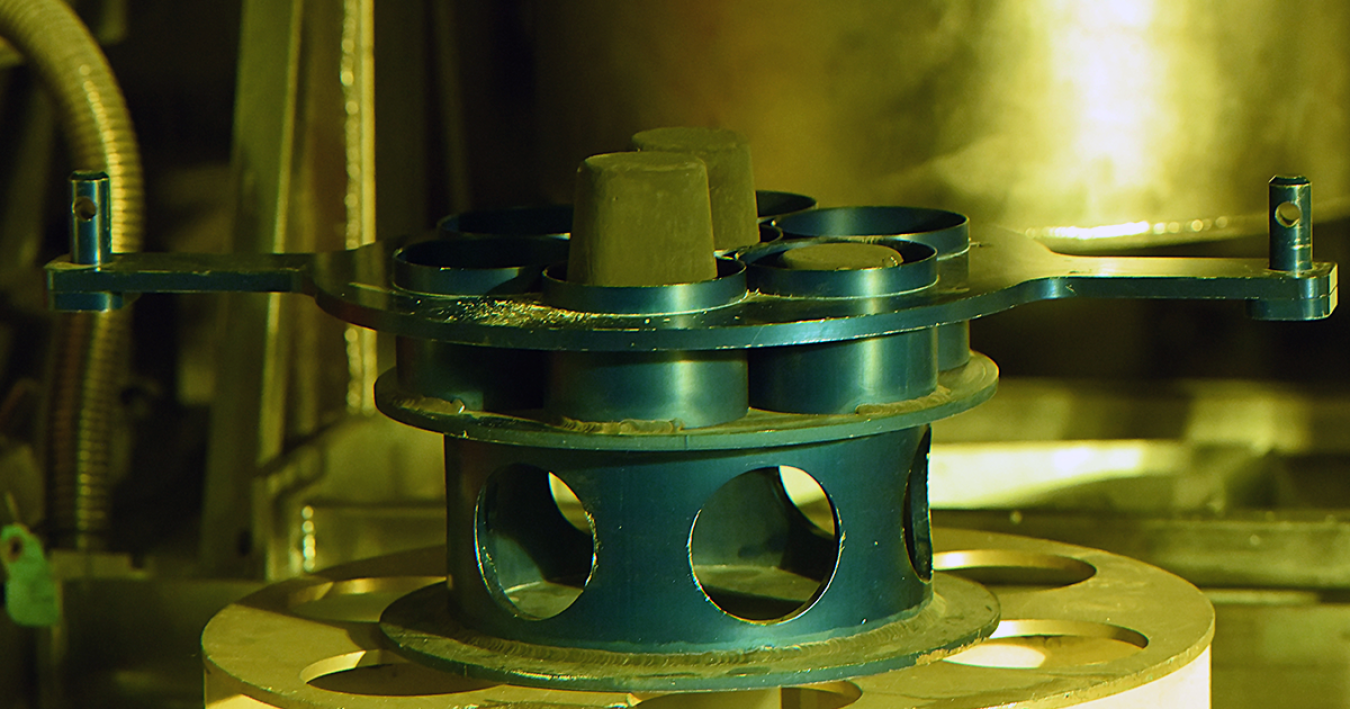
The U.S. Department of Energy is pursuing several pathways to secure a domestic supply of high-assay low-enriched uranium (HALEU)—an important material needed to develop and deploy advanced reactors. The Energy Act of 2020 directed the establishment of the HALEU Availability Program to ensure access to HALEU for civilian domestic research, development, demonstration, and commercial use.
The program supports the Trump Administration's efforts to rapidly deploy new reactors to unleash more affordable, reliable, and secure energy in the United States.
How it Works
The HALEU Availability Program will acquire HALEU through purchase agreements with domestic industry partners and produce limited initial amounts of material from DOE-owned assets.
The HALEU Availability Program is intended to spur demand for additional HALEU production and private investment in the nation’s nuclear fuel supply infrastructure—ultimately removing the federal government’s initial role as a supplier.
Why it’s Needed
Most advanced reactor designs require HALEU to achieve smaller designs, longer operating cycles, and increased efficiencies over current technologies.
HALEU is not currently available from domestic suppliers, and gaps in supply could delay the deployment of advanced reactors.
Current program activities include:
Announcements
- https://www.energy.gov/ne/articles/us-department-energy-announces-80-million-available-support-new-haleu-technologies
- https://www.energy.gov/ne/articles/us-department-energy-issues-haleu-deconversion-request-proposals
- https://www.energy.gov/ne/articles/us-department-energy-acquire-high-assay-low-enriched-uranium-material
- https://www.energy.gov/ne/articles/us-department-energy-issues-notice-intent-prepare-high-assay-low-enriched-uranium
- https://www.energy.gov/ne/articles/doe-host-first-high-assay-low-enriched-uranium-consortium-meeting
- https://www.energy.gov/ne/articles/us-department-energy-establishes-high-assay-low-enriched-uranium-consortium
- https://www.energy.gov/ne/articles/us-department-energy-seeks-input-creation-haleu-availability-program
Resources
- Read the HALEU Frequently Asked Questions.

